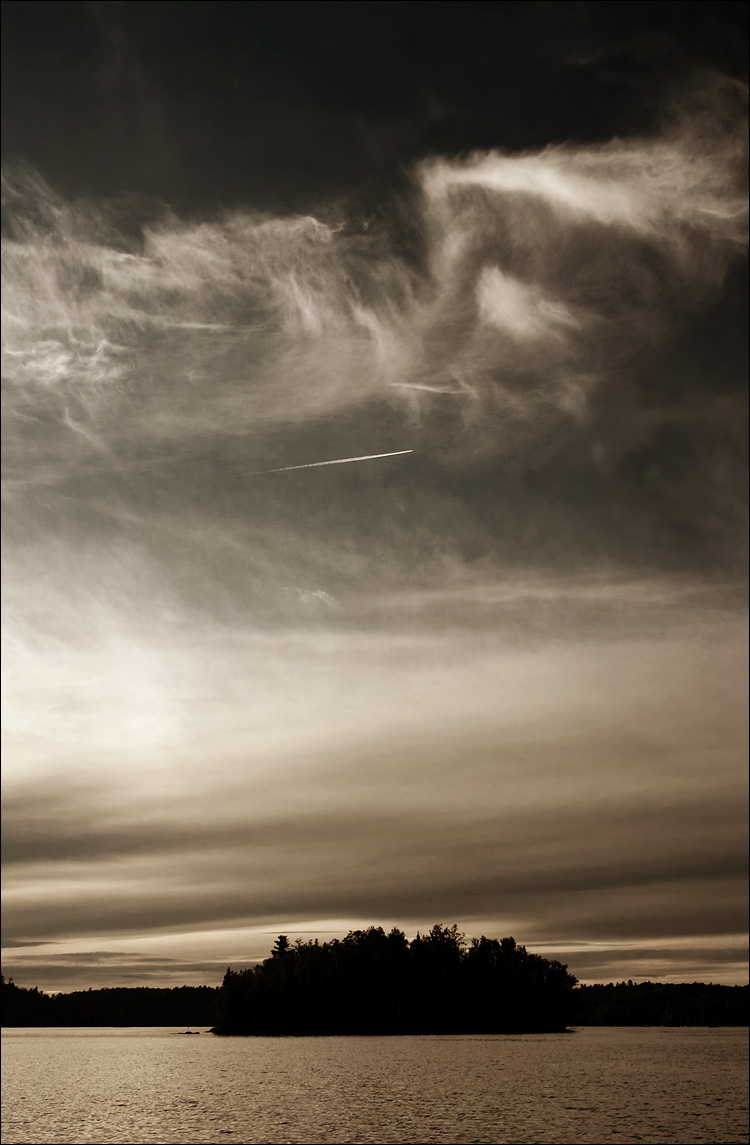RECOUPI apologize for the delay. The hot summer cycle of
work --> play sports --> go to the cottage has had a deleterious impact on my blog output. I am hoping to relaunch this page with more mp3s and photographs and a new address, but that won't be until the fall.
In the meantime,
Favourite Songs of the Summer 2005Box of Rain - Grateful Dead
Broken Drum (Boards of Canada mix) - Beck
7/4 (Shoreline) - Broken Social Scene
Dead Man's Will - Iron&Wine/Calexico
Escarpment Blues - Sarah Harmer
Gong Endir - Sigur Ros
Ring of Fire - Johnny Cash
The Outsiders (alternate mix) - REM
We will become silhouettes - The Shins
4% Pantomime - The Band
Mr. Ambulance Driver - Flaming Lips
The Sound of Settling - Death Cab for Cutie
Fix you - Coldplay
Cold Wind/Brazil - The Arcade Fire
Casimir Pulaski Day - Sufjan Stevens
Pressure Point - The Zutons
Without Rings - Neil Young
Reading ListWe Need to Talk About Kevin by Lionel Shriver
Liars and Saints by Maile Meloy (Tolstoy was wrong. Happy families are not all happy in the same way, and unhappy families do not necessarily live out their lives in finely nuanced, but fascinatingly differentiated, morsels of misery. Most families, as Maile Meloy demonstrates in this powerful first novel, swing between one state and the other in a tangled knot of pleasure, pain and disappointment.)
Films Seen and EnjoyedRead reviews
here. I actually haven't seen many this summer, but look forward to the
Film Festival.
Look at Me
Wedding Crashers
Broken Flowers
The Aristocrats
Grizzly Man
(New yorker) In “Grizzly Man,” which opens August 12th, the indefatigable Werner Herzog has made a brilliant documentary about an American saint and fool—a man who understands everything about nature except death. This innocent is one Timothy Treadwell, a college athlete from Long Island who dropped out of school after an injury, failed as an actor, and became a California surfer who drank too much. He was a routine product of American dislocation—a washout, even—until the moment in 1989 when he had an epiphany in Alaska. Up there in the wilds, Treadwell fell in love with the enormous grizzlies that come down from the mountains in the warm weather, when the salmon are running. Starting in 1992, and for a dozen summers after that, he lived among the animals in the Katmai National Park and Preserve, almost always alone, and always without a weapon. His special province was a densely shrubbed plot of land—the Grizzly Maze, he called it—which he turned into a private petting zoo. He gave the animals—many of them weighing seven or eight hundred pounds, and outfitted with claws like yellow scythes—such names as Mr. Chocolate and Aunt Melissa, stroked their noses with his hand, and reigned in this peaceable kingdom as a kind of benevolent god. In his own eyes, he was protecting the bears from poachers and from the indifference of the park service. Treadwell was a fearless man, who could face down an enraged animal with a pointed finger and the words “Don’t you do that. I love you.” He was also an implacable cornball and sentimentalist, a celebrator of nature and of himself, who was capable of rhapsodizing over a steaming pile of bear droppings, which he insisted on calling poop. His Dr. Doolittle act worked extremely well, right up to the moment when it stopped working at all. In October, 2003, Treadwell and his girlfriend, Amie Huguenard, were attacked and devoured by a hungry long-nosed grizzly that either came down from the mountains late or lingered after the other bears had left.
We know all this because Treadwell, a media-type guy, had a digital video camera with him during his last five summers in Alaska and shot a hundred hours of footage, which, after he died, fell into the eager hands of Werner Herzog. The great German filmmaker interviewed some of Treadwell’s adoring friends and ex-girlfriends; he also talked to a variety of local naturalists and park-service officers, most of whom thought that Treadwell “stepped over the line” that separates humans from animals. Herzog then wove the “found” footage into a startling meditation on innocence and nature. Narrating in his extraordinary German-accented English, Herzog is fair-minded and properly respectful of Treadwell’s manic self-invention. He even praises Treadwell as a filmmaker: as Treadwell stands talking in the foreground of the frame, the bears play behind him or scoop up salmon in sparkling water; in other shots, a couple of foxes leap across the grass in the middle of a Treadwell monologue. The footage is full of stunning incidental beauties.
In a way, “Grizzly Man” is the ultimate nature documentary, for it chronicles the nature of man as well as the nature of animals. Herzog, investigating Treadwell’s earlier life, interprets him as a spiritually chaotic outcast from civilization, an impatient misfit who relieved his misanthropy with neurotic protestations of love in the wilderness. As Herzog frames it, the entire movie is a very dark joke. Yet there’s an element in the comedy which Herzog may not have intended: the contrast between the self-dramatizing American, with his naïve egotism and optimism, and the hyper-cultivated European, who brings his own burden of despair to nature. Whereas the tormented Treadwell longs for harmony and doesn’t seem to understand that death is at the center of any ecological balance, Herzog sees nothing but death. Looking into the eyes of a bear that comes close to Treadwell’s camera, he discerns cruelty and mercilessness rather than hunger. Neither man, it seems, is willing to admit that a bear is a bear is a bear.
What else is great about the summer?Corn on the cob
Baseball on the radio (
Jerry Howarth in particular)
Swimming in the lake ("Have you done this lately? It's just like jogging, except in water, basically horizontal, arguably more refreshing, more tiring, wetter, there's that, often requiring eye protection, and leading to the possibility of Marco Polo. You can't listen to your iPod, but you can lean on the side when you're finished and look up at the sky and shake the water off your face and float. Different density than air. That's nice.")
Tennis outside
White wine
Canoeing
Kayaking
Reading on a deck chair
Naps





